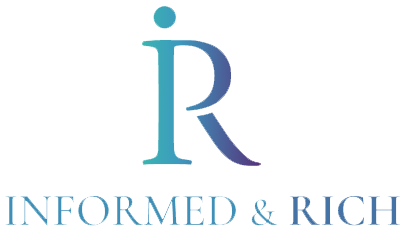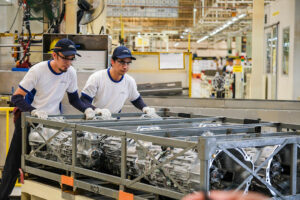By John Victor D. Ordoñez, Reporter
THE PHILIPPINES needs to focus on developing industrial capacity and growing the domestic market for products which will face higher US tariffs, an economist said.
“Efforts to lower tariffs would be the conventional short-term response,” IBON Foundation Executive Director Jose Enrique A. Africa said via Viber. “The government should however also look to Filipino industrialization and increasing domestic family purchasing power as well to create domestic demand for the products facing higher tariff barriers in the US.”
The White House last week said the Philippines will be charged a 17% “discounted reciprocal tariff,” in response to Philippine tariffs of 34% on US goods, as estimated by US trade officials.
US President Donald J. Trump announced a 10% baseline tariff applicable to all its trading partners, with the rates set higher for countries that impose high tariffs on US goods.
Within Southeast Asia, the Philippines had the second-lowest tariff next to Singapore, which was granted the 10% baseline tariff. Cambodia faces the steepest tariff at 49%, followed by Laos (48%), Vietnam (46%), Myanmar (45%), Thailand (37%), Indonesia (32%), Malaysia (24%) and Brunei (24%).
Trade Secretary Ma. Cristina A. Roque has said that her department is open to lowering tariffs on US goods.
She said the Philippines is “definitely” looking at reducing tariffs on US products but noted that the economic team will discuss the extent of what the Philippines can offer.
Mr. Africa said most exports of the Philippines to the US would not be affected by the executive order imposing the reciprocal tariff, which exempted semiconductors and auto parts, among other products critical to reindustrialization efforts.
In 2023, electronics accounted for about 56% of Philippine exports to the US, machinery 15%, chemicals 4%, and vehicles 2%.
“Bolstering domestic demand with higher family incomes and more robust and expansive Filipino industry is really the most viable strategy over the medium- to long-term especially with the growing risk of escalating tariff retaliation,” he said.

